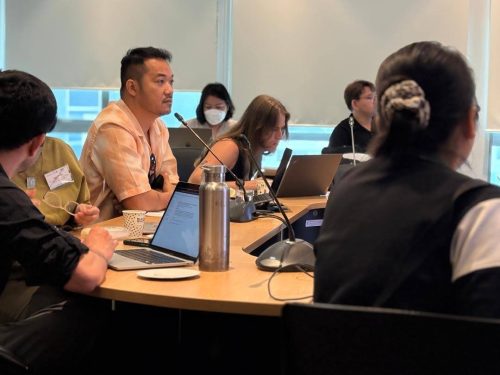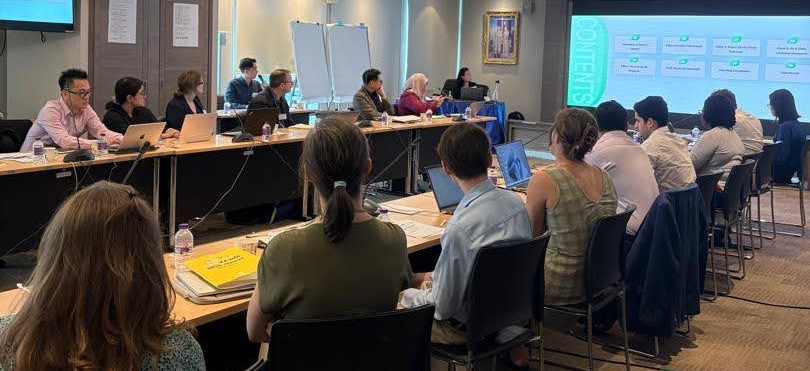
Mentoring Programme 2025
May 23, 2025
SingHealth Duke-NUS Medical Humanities Institute (SDMHI)
June 10, 2025
Mentoring Programme 2025
May 23, 2025
SingHealth Duke-NUS Medical Humanities Institute (SDMHI)
June 10, 2025Data Ethics Workshop Report
Advancing Solutions to Enable Effective, Ethical, and Equitable Data Sharing
27-28 May 2025, Bangkok
A dynamic workshop held in Bangkok entitled “Advancing Solutions to Enable Effective, Ethical, and Equitable Data Sharing” recently brought together leading voices in global health, bioethics, and data governance.
Co-hosted by the SEA Bioethics Network, Coalition for Equitable Research in Low-resource Settings (CERCLE), Global Health Bioethics Network (GHBN), and Mahidol Oxford Tropical Medicine Research Unit (MORU), the event gathered experts and stakeholders to examine critical challenges and identify pragmatic solutions for the sharing of health data with a focus on low- and middle-income countries (LMICs). The focus on LMICs is pressing because structural and systemic disparities often impede data governance and benefit-sharing mechanisms.

The workshop explored real-world case studies on data reuse, revealing the complex dynamics between consent, infrastructure, governance, and community engagement. It highlighted the shortcomings of universal frameworks and stressed the importance of adaptable, context-specific governance. Ethical data sharing models like IDDO and Epsilon showcased the potential for secure, participant-focused data reuse, provided strong legal and governance structures are in place. Yet, challenges such as cross-border legal inconsistencies, intellectual property issues, and lack of incentives for data sharing persist.

Governance models were seen as essential but underfunded and administratively burdensome. A key theme was the persistent imbalance between high-income and LMIC actors in global data systems. The workshop called for international data standards, investment in LMIC training and mentorship, and regulatory harmonization that respects both local needs and global demands.
